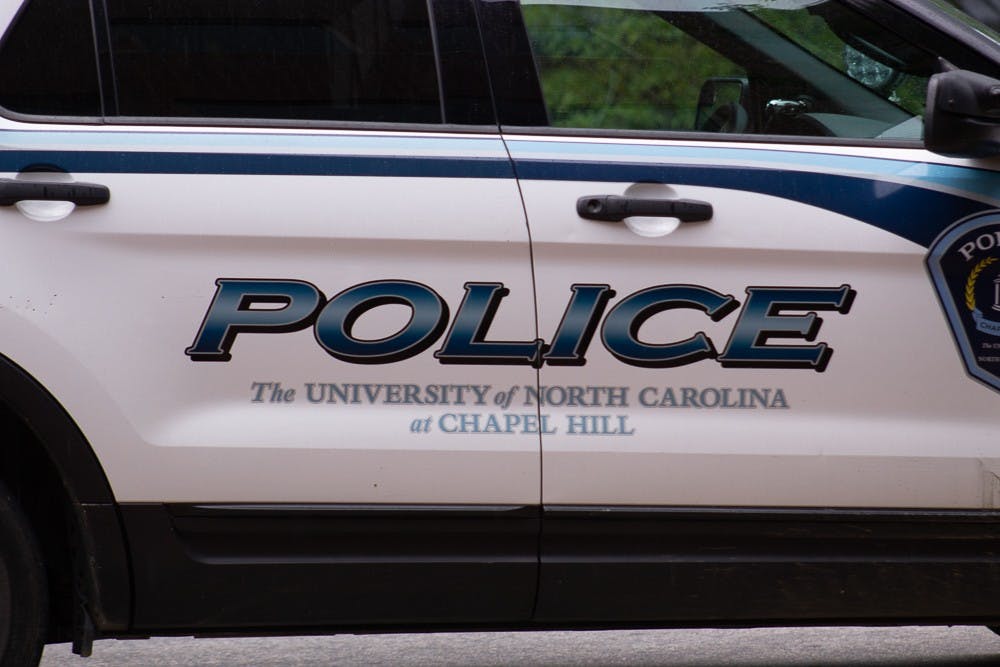At last week’s Chapel Hill Town Council meeting, the council discussed a request to extend the jurisdiction of the UNC Police Department. This request would allow UNCPD more oversight over off-campus fraternity and sorority houses.
The request stems from a letter Chancellor Kevin Guskiewicz sent to Mayor Pam Hemminger in December, following the drug bust of several UNC fraternities. Guskiewicz says the move will improve the safety of campus and improve the relationship between Chapel Hill Police Department and UNC Police, but it is especially curious given UNC’s current model of punishing fraternities.
Guskiewicz’s recommendation for joint jurisdiction between UNCPD and CHPD is based on previous agreements that already exist for adjacent campus properties: Carolina Square and Granville Towers. Both of these places are primarily occupied by upper-class students.
Greek life housing is the same story. But despite the joint policing agreement, these hubs of wealth and privilege are notoriously less policed and less punished than areas of campus that house diverse groups of students, such as Ram Village.
It seems the goal is once again to minimize the punishments of privileged students.
When the drug bust case first arose in December, UNC disaffiliated the accused fraternities from campus. It revoked the charters of Phi Delta Theta and Sigma Alpha Epsilon and suspended Kappa Sigma, Phi Gamma Delta and Beta Theta Pi.
UNC’s first response was to distance itself from the implicated fraternities.
Now, Guskiewicz seems to be taking the opposite approach in asking for more University oversight. While the agreement with UNCPD and CHPD is still in its early stages, the move may indicate that UNC hopes to handle future fraternity issues internally, rather than let them gain national traction.
If that is the case, then it is a dangerous game where we have already seen have disastrous consequences. This method of sweeping major issues under the rug under the guise of "internal discipline" is the exact approach UNC took in handling campus sexual assault cases for decades.




